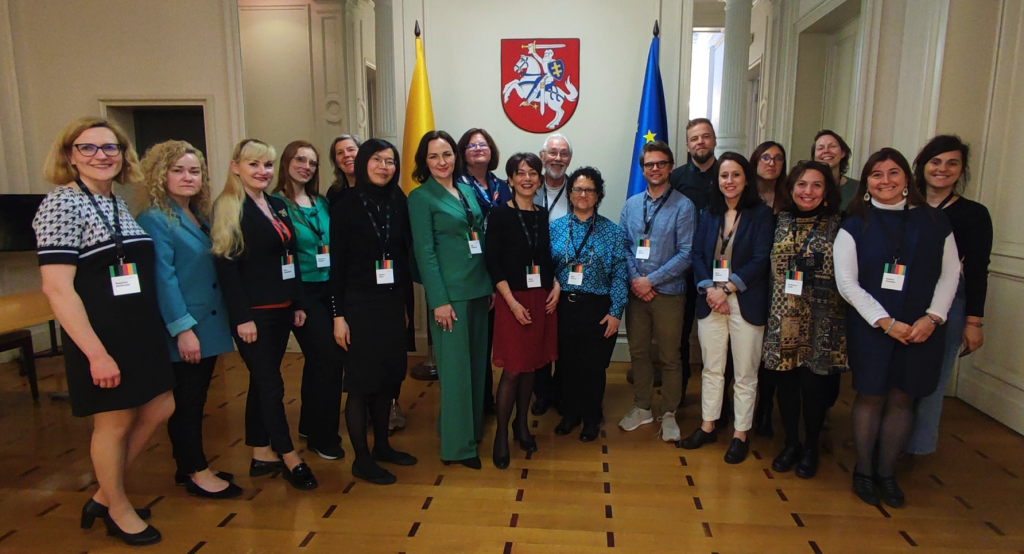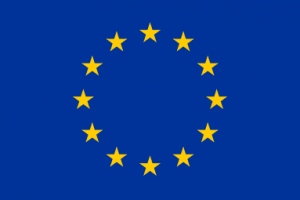With over 50 participants, including educators, researchers, policymakers, and experts in Responsible Research and Innovation (RRI), FEDORA’s project Final Event took place on May 25 and 26 at the Liaison Office of Lithuania in Brussels.
The event marked the culmination of three years of dedicated research and practice to shake science education and address the existing mismatch in traditional teaching methodologies.
The FEDORA project sought to dismantle the barriers posed by rigid disciplinary education, linear narratives, and the lack of future orientation and agency among students. Through extensive collaboration and innovative approaches, FEDORA aimed to create a more inclusive, forward-thinking, and engaging educational framework.
During the Final Event, the FEDORA project team presented their frameworks, the Future Manifesto, especially applied to the contexts of open schooling. Attendees were provided with a comprehensive overview of the project's main achievements and were introduced to the results of the Delphi study conducted among education policymakers. The study aimed to gather valuable insights and perspectives to guide the development of future-oriented educational policies.
Participants had the opportunity to explore potential pathways and challenges in the field of science education. Additionally, renowned experts in Responsible Research and Innovation were invited to reflect on the FEDORA project's findings and discuss how they could be integrated into ongoing educational discussions, enriching the MORRI indicators.
The name "FEDORA" draws inspiration from Italo Calvino's literary masterpiece, "The Invisible Cities," where Fedora is one of the enchanting cities described within. This evocative name symbolizes the project's ambition to reshape the educational landscape and make science education more visible, accessible, and adaptable to the needs of future generations.
The Final Event of the FEDORA project proved to be a resounding success, showcasing the transformative power of collaborative efforts and innovative thinking. The participants left inspired and equipped with the knowledge and tools to contribute to the advancement of science education.

For more information about the FEDORA project and its outcomes, please explore our website; you will find plenty of resources.
